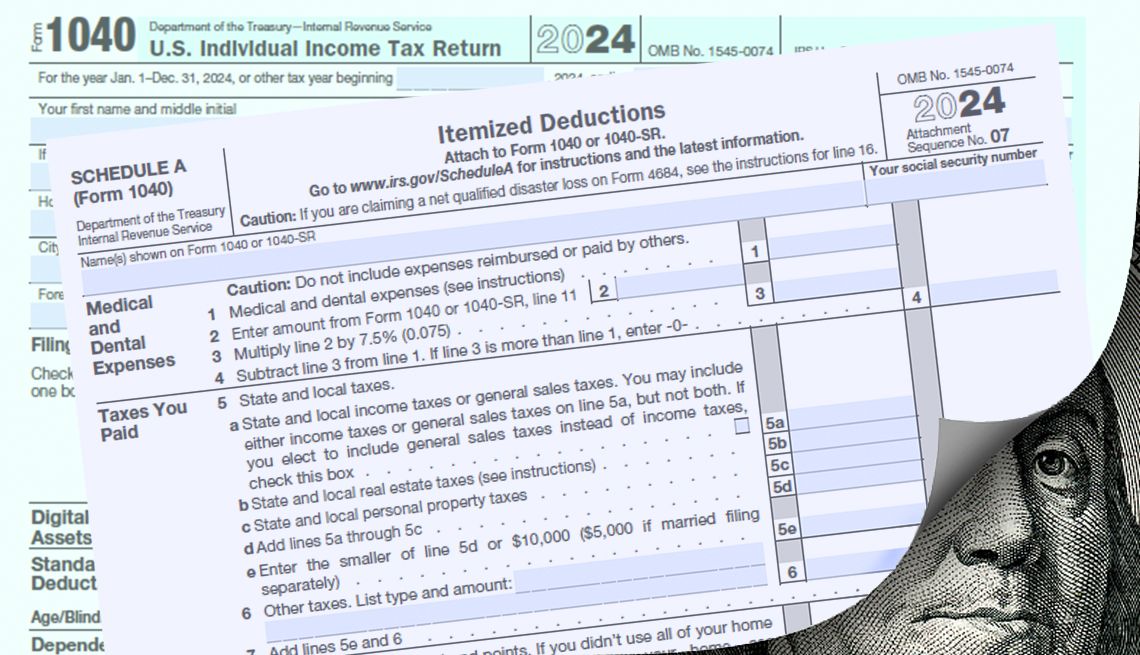
Aarp backs federal tax proposals that would benefit older americans
- Select a language for the TTS:
- UK English Female
- UK English Male
- US English Female
- US English Male
- Australian Female
- Australian Male
- Language selected: (auto detect) - EN
Play all audios:

Social Security recipients with a total annual income of more than $25,000 for an individual or $32,000 for a couple filing jointly owe federal income taxes on their benefits. That applies
to spousal benefits, survivor benefits and Social Security Disability Insurance, as well as to retirement benefits. Those income thresholds have not changed for more than 40 years, LeaMond
noted, effectively increasing the tax burden for Social Security recipients. TAX CREDITS TO BENEFIT OLDER ADULTS A provision within the bill would extend and enhance a tax credit for
employers who offer their staff paid family and medical leave (PFML), encouraging more businesses to offer the benefit. AARP believes that increasing PFML would help support the nation’s 48
million family caregivers, most of whom are ages 50 and older. More than 60 percent of family caregivers are balancing caregiving duties with paid jobs, according to AARP research. Most
working family caregivers are employed full-time while providing hours of care equivalent to those of a part-time job. Meanwhile, the number of businesses — particularly small ones — that
offer PFML is lagging, leading to financial and emotional strain for many family caregivers who don’t have access to the benefit. Roughly 40 percent of employees at businesses with more than
500 employees have access to PFML, while just 20 percent of workers at businesses with fewer than 99 employees have access to it, according to U.S. Bureau of Labor Statistics data. LEARN
HOW AARP IS FIGHTING FOR YOU AARP is your fierce defender on issues that matter to people 50-plus, including Social Security. Read more about how we fight for you every day in Congress and
across the country. Under current law, businesses get a nonrefundable PFML tax credit ranging from 12.5 percent to 25 percent of the wages paid to employees on leave. The policy encourages
businesses to offer eligible workers anywhere from two to 12 weeks of paid time off to care for a loved one, be that a parent, spouse or child. The new legislation would make the PFML tax
credit, due to expire at the end of this year, permanent and available in all states. Workers who have been on the job for at least six months, rather than a year, would be eligible to claim
the credit. It also would allow employers to claim the credit on a portion of their paid family leave (PFL) insurance premiums. PFL insurance is often used by small businesses to provide
paid leave to workers. These changes will make PFML polices “even stronger going forward as more Americans take on family caregiving responsibilities,” LeaMond wrote in her letter. AARP is
also supporting a provision that would expand the Low-Income Housing Tax Credit (LIHTC), a federal tax incentive that promotes the development and rehabilitation of affordable rental
housing.
